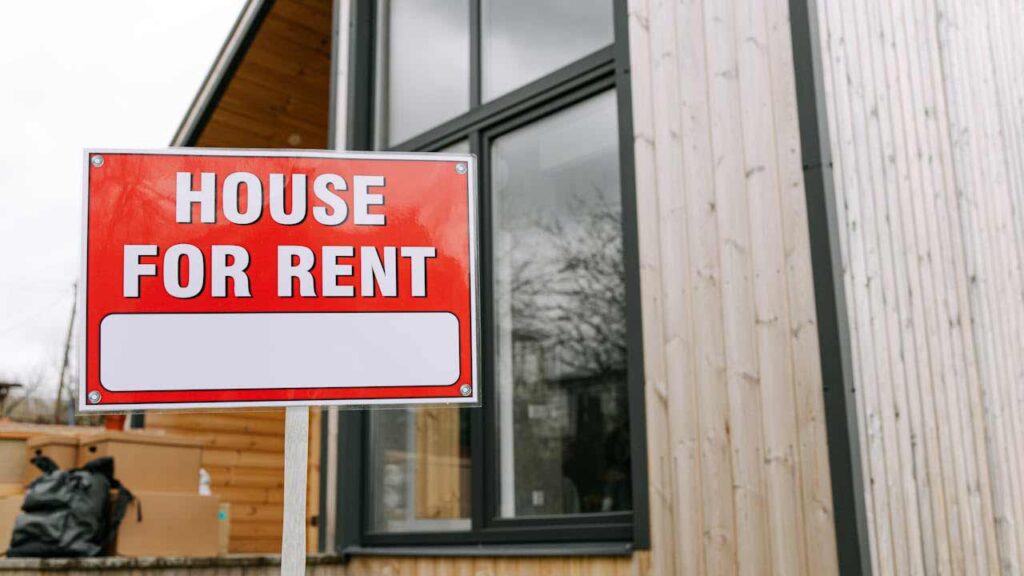Retirement isn’t what it used to be. With longer lifespans, rising healthcare costs, and unpredictable markets, more retirees are looking for income—not just security. And one strategy is quietly gaining traction: downsizing to a duplex and turning the second unit into cash flow.
It’s part lifestyle move, part investment play—and for thousands of retirees in 2025, it’s solving two problems at once: cutting living expenses and building passive income without touching a 401(k).
They’re Swapping Big Homes for Income-Generating Properties

Plenty of retirees are sitting on homes that have doubled in value over the last decade. Selling that primary residence and buying a duplex—living in one unit and renting the other—lets them free up equity and reduce overhead, all while keeping an income stream flowing every month.
It’s a smart move in markets where the gap between mortgage cost and rental income still leaves room for profit. Many are finding that a smaller footprint with built-in cash flow feels a lot better than a big house with unused space and mounting maintenance.
House Hacking Isn’t Just for Millennials Anymore

The old-school version of house hacking—live in one unit, rent the other—is gaining popularity among retirees who want to stay independent but still boost their income. And with low-maintenance tenants like traveling nurses or college students, it’s not as hands-on as most think.
Many retirees are using platforms like Furnished Finder or Rentometer to screen tenants and check market rates before buying. Some even hire a part-time property manager to keep things running smoothly while they enjoy their free time.
It’s a Hedge Against Rising Retirement Costs

Social Security checks and pensions don’t go as far as they used to—especially with inflation creeping into everything from groceries to insurance. Duplex income can be a cushion that grows with the market, unlike fixed payouts that lose value over time.
In cities where rents are climbing faster than CPI, even modest duplexes can throw off $1,000–$2,000 per month in net income. For retirees on a tight budget, that’s a game-changer.
They’re Using Equity Instead of Savings

Instead of pulling from retirement accounts and triggering taxes or penalties, many downsizers are selling a fully paid-off home and buying a duplex in cash—or close to it. That keeps monthly expenses low while turning static equity into a working asset.
In states with no income tax and low property taxes, like Florida or Texas, this strategy becomes even more attractive. Retirees can enjoy lower costs of living while their investment pays them every month.
It’s a More Flexible Lifestyle

Duplex living doesn’t just offer income—it offers options. Some retirees rent the unit short-term when they travel, host family for extended visits, or eventually move out and rent both units. The flexibility beats being locked into one big property with fixed expenses and zero upside.
In 2025, retirement is less about slowing down and more about staying in control. For a growing number of people, downsizing to a duplex is the move that lets them do both.

Alexander Clark is a financial writer with a knack for breaking down complex market trends and economic shifts. As a contributor to The Daily Overview, he offers readers clear, insightful analysis on everything from market movements to personal finance strategies. With a keen eye for detail and a passion for keeping up with the fast-paced world of finance, Alexander strives to make financial news accessible and engaging for everyone.


